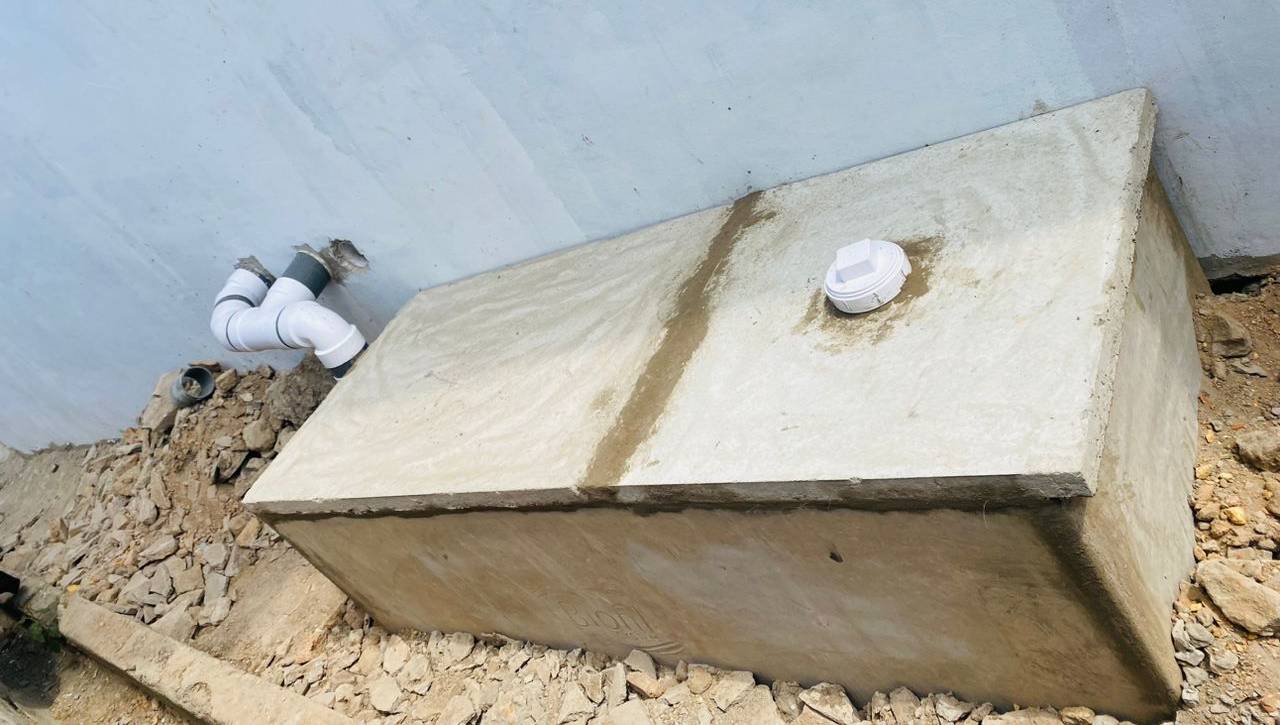Access to proper sanitation facilities is a fundamental human right, yet billions of people around the world still lack access to adequate systems. Inequitable sanitation infrastructure contributes to numerous health and environmental challenges. However, a groundbreaking solution has emerged in the form of Biofil Standalone systems. These innovative and inclusive sanitation solutions offer an opportunity to advance sanitation infrastructure, ensuring that everyone has access to safe and sustainable sanitation facilities. In this article, we will explore the significant impact of Biofil Standalone systems in advancing sanitation infrastructure for all.
The Global Sanitation Crisis: Challenges and Implications.
Inadequate sanitation infrastructure poses severe challenges to communities worldwide. Without proper facilities, individuals are at risk of waterborne diseases, poor hygiene practices, and environmental contamination. Traditional sanitation systems are often expensive, difficult to implement, and inaccessible in remote or informal settlements. These factors perpetuate the cycle of inequality, hampering social and economic development.
Introducing Biofil Standalone Systems: A Sustainable Sanitation Solution.
Biofil Standalone systems offer a transformative approach to sanitation infrastructure that is sustainable, affordable, and inclusive. Designed to tackle the unique challenges faced by communities, these systems combine innovative technology with a user-friendly design. By harnessing the power of nature and biological processes, Biofil Standalone systems provide safe and efficient waste management solutions for all.
The Advantages of Biofil Standalone Systems in Advancing Sanitation Infrastructure.
1. Accessibility for All: Biofil Standalone systems are designed to be accessible and inclusive. They can be installed in a variety of settings, including urban areas, rural communities, and informal settlements. These systems address the needs of marginalized populations and ensure that everyone has access to safe and dignified sanitation facilities.
2. Environmentally Sustainable: Biofil Standalone systems prioritize environmental sustainability. By utilizing natural processes such as aerobic decomposition and biological filtration, these systems minimize water pollution, reduce greenhouse gas emissions, and enhance overall environmental preservation. They offer a greener alternative to traditional sanitation systems.
3. Affordability and Cost-Effectiveness: Biofil Standalone systems are designed to be affordable and cost-effective. With simplified construction and low maintenance requirements, these systems minimize the financial burden on communities. Moreover, the sustainable byproducts, such as nutrient-rich compost, can be utilized for agricultural purposes, providing additional economic benefits.
4. Hygienic and Safe: Biofil Standalone systems prioritize hygiene and safety. They effectively treat human waste and prevent the contamination of water sources, mitigating the spread of waterborne diseases. These systems also eliminate the need for open defecation, promoting better hygiene practices and improving overall public health.
5. Community Engagement and Empowerment: Implementing Biofil Standalone systems fosters community engagement and empowerment. Local involvement in the installation, operation, and maintenance of these systems promotes ownership and accountability. It also ensures the long-term sustainability of sanitation infrastructure and encourages behavioral change towards proper sanitation practices.
Realizing the Potential: Successful Implementation of Biofil Standalone Systems.
Biofil Standalone systems have been successfully implemented in various regions, improving sanitation infrastructure and transforming communities. Collaborations between government authorities, non-profit organizations, and local communities have been crucial to the success of these projects. Pilot programs, capacity building initiatives, and awareness campaigns have played a key role in promoting the widespread adoption of Biofil Standalone systems.
Biofil Standalone systems offer an innovative and inclusive solution to advance sanitation infrastructure for all. By addressing the challenges of accessibility, sustainability, affordability, and hygiene, these systems empower communities and ensure the right to proper sanitation facilities. With community engagement and successful implementation, Biofil Standalone systems have the potential to create a world where safe and sustainable sanitation is accessible to everyone, thus fostering healthier and more equitable societies. Let us embrace the potential of Biofil Standalone systems and work towards a future where no one is left behind in the journey towards improved sanitation infrastructure.

